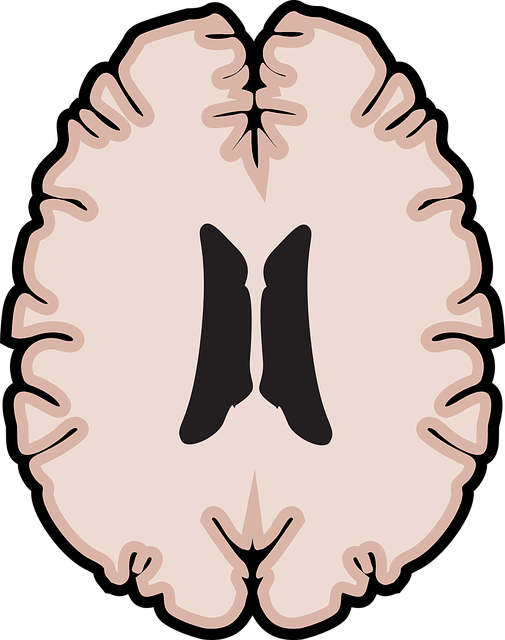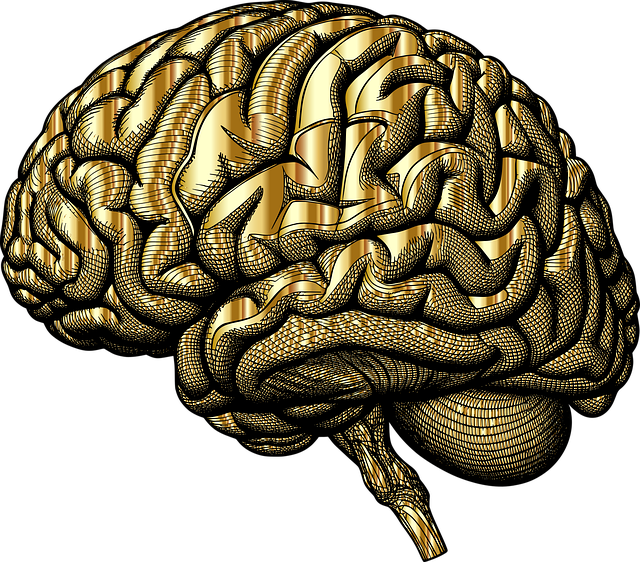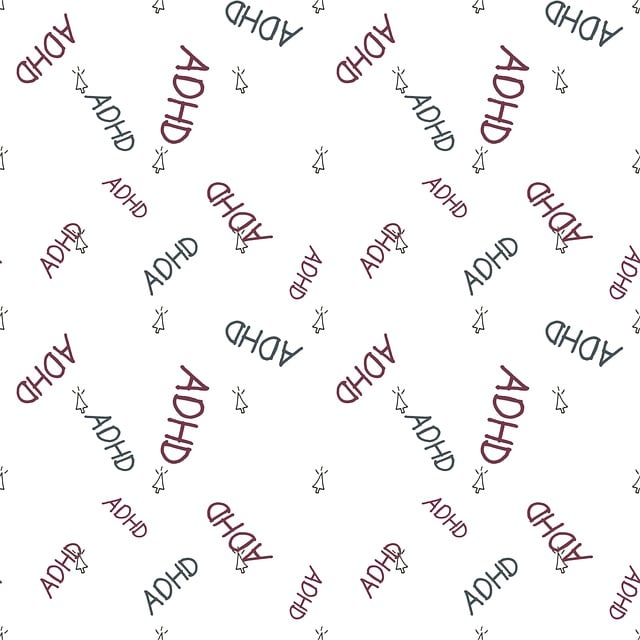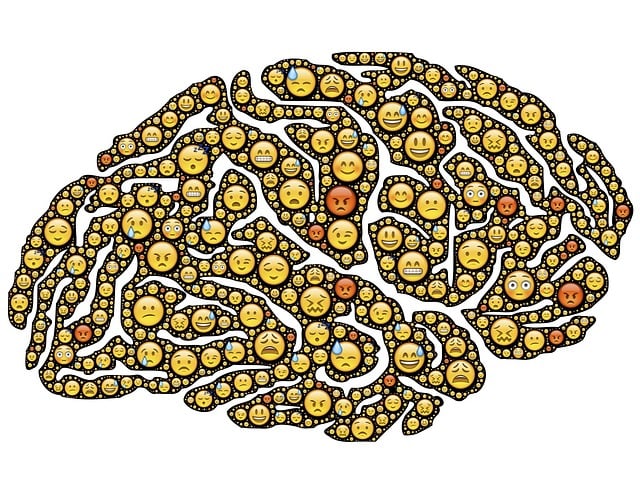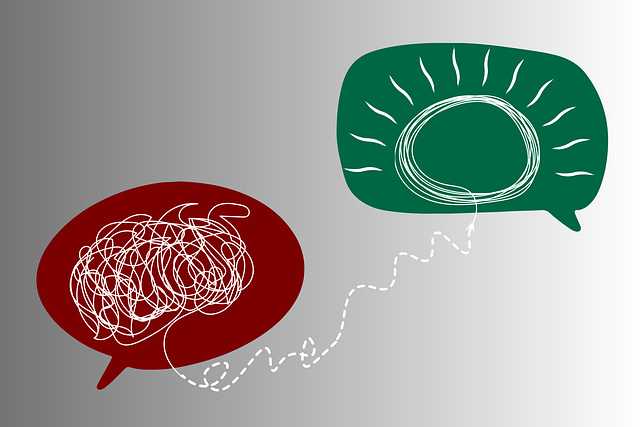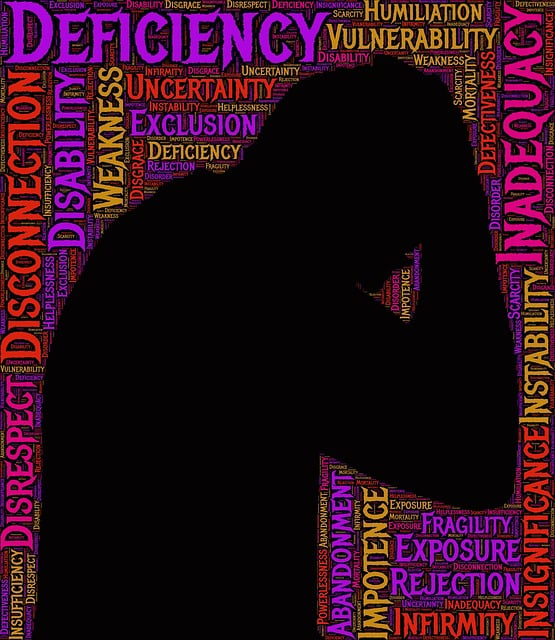Aurora German Speaking Therapy offers specialized cognitive behavioral therapy (CBT) tailored to the cultural and linguistic needs of German-speaking individuals, addressing anxiety, depression, and social skills. Their evaluation methods combine quantitative surveys and qualitative interviews for comprehensive progress tracking while ensuring cultural sensitivity. Client-centered evaluations prioritize individual needs, utilizing techniques like journaling and role-playing. Balanced data collection from both quantitative and qualitative sources ensures program effectiveness is understood through both objective metrics and personal experiences. Continuous improvement based on participant feedback and data-driven insights allows Aurora to provide customized mental wellness outcomes for diverse populations.
“Mental wellness program evaluations are pivotal in understanding the impact and effectiveness of therapeutic interventions. This article explores innovative strategies, highlighting Aurora German Speaking Therapy as a unique approach that emphasizes holistic healing. We delve into rigorous assessment methods, empowering clients through client-centered evaluations and offering a balanced perspective with quantitative and qualitative data analysis.
Furthermore, it discusses how integrating feedback fosters continuous improvement, ensuring mental wellness programs remain adaptive and effective.”
- Understanding Aurora German Speaking Therapy: A Unique Approach to Mental Wellness
- Evaluation Methods: Unlocking the Impact of Programs through Rigorous Assessment
- Client-Centered Evaluations: Empowering Individuals in Their Healing Journey
- Quantitative vs Qualitative Data: Balancing Measurement for Comprehensive Insights
- Continuous Improvement: Integrating Feedback for Effective Program Enhancement
Understanding Aurora German Speaking Therapy: A Unique Approach to Mental Wellness

Aurora German Speaking Therapy offers a unique and specialized approach to mental wellness, catering specifically to individuals who identify as German-speaking or those seeking therapy in their native language. This therapeutic method recognizes the power of cultural connection and linguistic familiarity in fostering effective treatment. By providing services in German, Aurora aims to create a safe and supportive environment, addressing not only mental health concerns but also the specific cultural and social nuances that can impact an individual’s well-being.
The program incorporates elements of cognitive behavioral therapy (CBT) while incorporating cultural sensitivity in mental healthcare practice. It caters to various issues, including anxiety, depression prevention, and even social skills training. This holistic approach ensures that clients receive tailored support, considering their linguistic and cultural backgrounds, thereby enhancing the overall effectiveness of the treatment process.
Evaluation Methods: Unlocking the Impact of Programs through Rigorous Assessment

Evaluation methods play a pivotal role in understanding the effectiveness and impact of mental wellness programs. Just as Aurora German Speaking Therapy focuses on tailored approaches to address cultural nuances, rigorous assessment techniques ensure that the right tools are employed to measure progress and outcomes. This involves employing both quantitative and qualitative methods to gain comprehensive insights into participant experiences and improvements.
Through structured surveys, interviews, and focus groups, professionals can assess changes in symptoms, attitudes, and behaviors over time. Incorporating cultural sensitivity in mental healthcare practice is essential here, as it ensures that evaluation tools are accessible and relevant to diverse populations. Moreover, self-care routine development for better mental health emerges as a key area of assessment, highlighting participants’ ability to integrate healthy habits into their daily lives. Mental health awareness, fostered through these evaluations, contributes to the overall success of wellness programs by promoting continued engagement and positive behavioral changes.
Client-Centered Evaluations: Empowering Individuals in Their Healing Journey

Client-centered evaluations are a powerful tool in mental wellness programs, particularly when tailored to meet the unique needs of individuals seeking healing, such as those offered by Aurora German Speaking Therapy. This approach places the client at the heart of the evaluation process, empowering them to take an active role in their journey towards better mental health. Through open-ended conversations and reflective listening, therapists can gain valuable insights into the individual’s experiences, perceptions, and goals.
This method allows for a deeper understanding of the client’s challenges and strengths, enabling personalized interventions. For instance, encouraging clients to keep a Mental Wellness Journaling Exercise Guidance can offer a safe space to express their thoughts and emotions, while also helping therapists track progress over time. Additionally, teaching Communication Strategies, such as those learned through Social Skills Training, can be assessed through role-playing scenarios or informal discussions, ensuring individuals feel heard and understood throughout the evaluation process.
Quantitative vs Qualitative Data: Balancing Measurement for Comprehensive Insights

In evaluating mental wellness programs like those offered by Aurora German Speaking Therapy, a balanced approach to data collection is essential. Quantitative methods, such as surveys and statistical analyses, provide objective metrics and allow for comparing program effectiveness across different groups. This data offers valuable insights into the reach and impact of mental wellness coaching programs development, helping professionals quantify improvements in symptoms or overall mental health status.
However, qualitative data, through interviews, focus groups, and personal narratives, adds depth and nuance to the evaluation. It captures individual experiences, perceptions, and emotional journeys, offering a glimpse into the intricate tapestry of trauma support services engagement. By combining both quantitative and qualitative methods, evaluators can gain comprehensive insights into the success of mental wellness programs, ensuring that improvements are measured not just statistically but also in terms of the lived experiences of those seeking support.
Continuous Improvement: Integrating Feedback for Effective Program Enhancement

At Aurora German Speaking Therapy, continuous improvement is a cornerstone of our mental wellness program evaluation methods. We actively seek feedback from participants and incorporate it into enhancing our services. This iterative process allows us to tailor interventions that better address individual needs, fostering resilience building through personalized communication strategies. By integrating cultural sensitivity in mental healthcare practice, we ensure our programs remain effective and relevant for diverse populations.
Through regular assessments and post-program reviews, we gather insights on the impact of our initiatives. This data-driven approach enables us to identify areas for improvement and make informed adjustments. The goal is not just to meet expectations but to exceed them, ensuring that every individual who engages with our programs walks away with improved mental wellness outcomes.
The evaluation of mental wellness programs is a multifaceted process, and as demonstrated by Aurora German Speaking Therapy’s approach, a combination of quantitative and qualitative methods offers the most profound insights. By employing client-centered evaluations and embracing continuous improvement through feedback integration, programs like Aurora can enhance their effectiveness and better support individuals on their healing journeys. This comprehensive evaluation strategy ensures that mental wellness initiatives are not just measured but truly make a difference in people’s lives.

